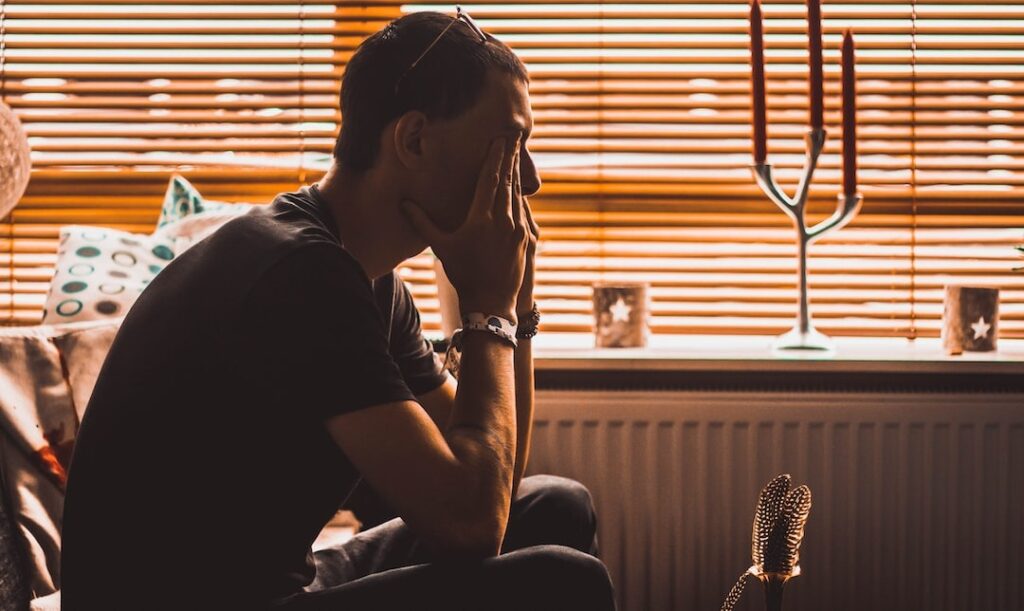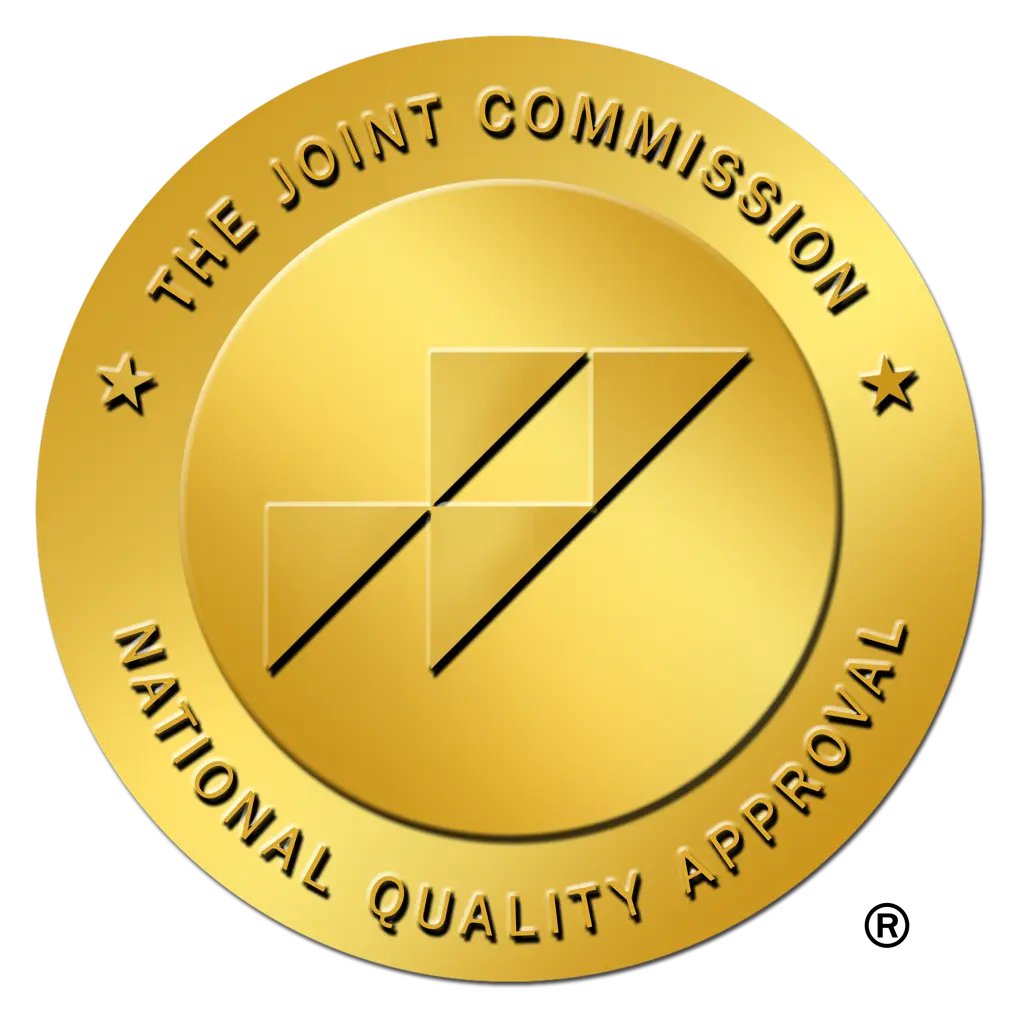A mental health crisis is a serious event that can impact many parts of your life. Frequently, it occurs if you have stopped treatment or are not diagnosed with a mental illness and, therefore, are not taking preventive measures for your mental health. However, this is not always the case. At Alter San Diego Crisis Intervention, we provide the first step to healing, crisis stabilization. However, this is only the beginning of your journey. After stabilization, you can seek help from a continuum of care that offers you the tools and support you need to make real changes in your mental health.
Healing After a Mental Health Crisis
Mental illnesses are common in the United States. According to the National Institute of Mental Health, nearly one in five adults live with a mental illness. Depending on the severity, your experience of mental health will vary and it is not uncommon to go undiagnosed or untreated. However, if you are undiagnosed or untreated for mental illnesses, you may experience a mental health crisis.
There are multiple different types of mental health crises. However, healing after one is a similar process. The first step is stabilization, which helps you to stay safe, have support, and make a plan for healing. Stabilization is only the beginning of the journey. Healing is a multistep process that is unique to your needs and might include medication management, therapy, and other types of treatment.
Regardless of what it entails, it takes time to learn how to manage your mental health. Self-help tools like learning relaxation techniques, improving communication skills, or practicing a more balanced life all help. When you begin the journey of stabilization, you will work with a healthcare professional who will help you to make an initial plan on what your next steps look like.
Getting Mental Health Care
Trying to manage your mental health alone is not ideal. While a mental health crisis is scary and challenging, it does put you in the perfect place to begin or get back to getting care for your mental health. Once you have stabilized, the next step is to make a plan for you to heal completely. At Alter San Diego Crisis Intervention, we understand that stabilization is not the end of the line. Instead, it is the start of getting mental health care for you.
Experiencing roadblocks to getting care is normal. However, many of these barriers can be solved when you work with a treatment center. This might look like solving issues with finances or finding a type of care that truly suits you. The plan for your mental health care needs to be the right fit. Therefore, your participation in the planning portion is very important. Getting mental health care is not always easy. However, it is worth it.
What Is a Full Continuum of Care?
In mental health care, there is a full continuum of care available. Crisis stabilization is an example of a type of care that is highly structured and supported. This is also true of many residential programs when you would live there and have a schedule for treatments to help with addiction and mental health disorders. While these programs will vary, there is often 24-hour care available.
Going down the continuum, treatment can have less structure while still providing support. This might include inpatient programs where you attend treatment on a regular schedule while still living at home. Partial hospitalization programs are similar to this structure.
Finally, the least amount of structure and support comes from outpatient and community support. An example of this type of care is seeing a therapist or coach regularly. While they provide you with support and assistance, the majority of your time is spent outside of care.
Each of these types of care has a place in helping you to heal. However, it all begins with stabilization and making a plan. Once you have created an outline, you can continue to make adjustments to ensure that you heal and protect yourself from a future mental health crisis.
Benefits of Getting Help
Your mental health affects every part of your life. When you are experiencing mental illness, crises, or poor mental health, your relationships, work, and quality of life are all impacted. However, when you get help, especially with ongoing support, you can make changes that help you improve these parts of your life. This will help you to problem solve and maintain improved mental health before a problem becomes a crisis.
There are many ways that you can help yourself through self-care like improving exercise habits, diet, and lifestyle. However, there comes a time when you need to get help. Seeking help after a mental health crisis is not a weakness, it is the opposite. It can be challenging to seek help and admit that there is more going on below the surface. However, when you get help you improve your life and those whom you love and spend time your time with.
Often, a mental health crisis occurs before someone is diagnosed or when someone stops treatment. While a mental health crisis is a serious and scary event, it can be the start of the healing journey. At Alter San Diego Crisis Center, we believe that stabilization is the beginning of the healing process that leads to a full continuum of care. Our goal is to help you to stabilize and then make a plan that will help you improve your mental health at the moment and protect you in the future. If you are experiencing a crisis or concerned about a loved one, call us today at (866) 986-1481, we are here to help.

